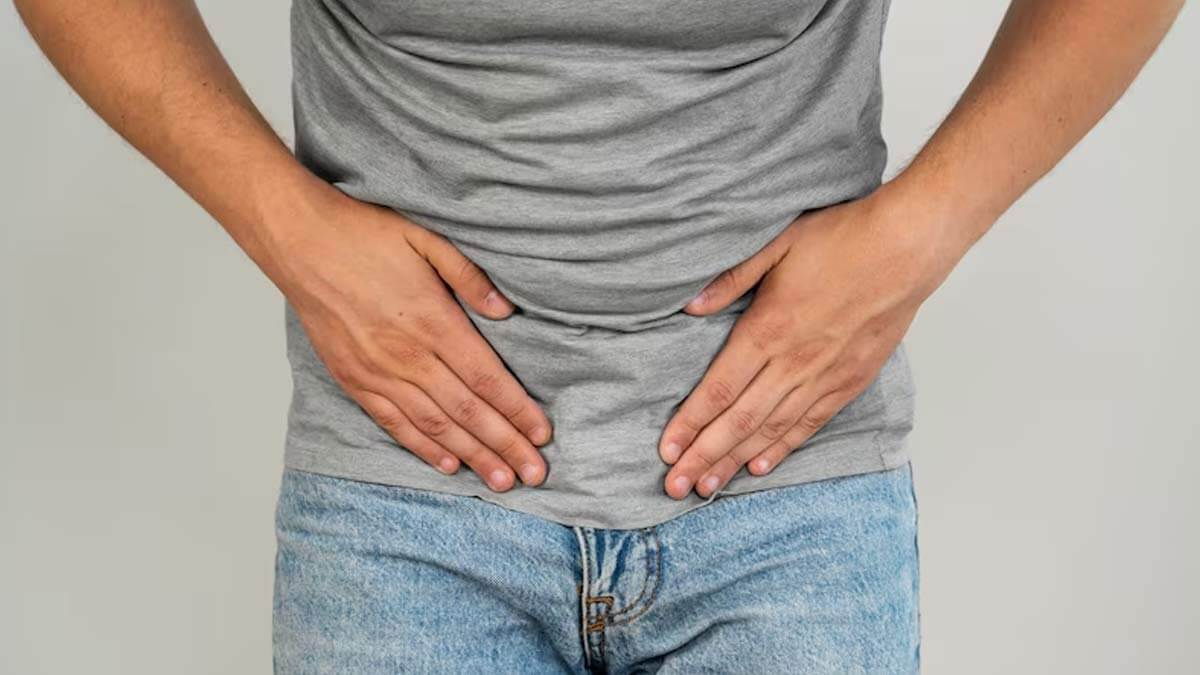Know how prostate gland issues increase in older adults during winter
Tue 14 Jan 2025, 23:29:58

Benign prostatic hyperplasia (BPH) or prostate gland enlargement is a common occurrence in the elderly population above 60 during winter. Just like respiratory, gastrointestinal, or joint problems, one can also experience prostate issues. The prostate gland produces the fluid liquify the semen which helps in the transportation of sperm during ejaculation. However, due to benign prostatic hyperplasia (BPH), the prostate enlarges in size and tends to squeeze the urethra. The warning signs can be frequent nighttime urination or inability to urinate. The symptoms will worsen during those chilly months and can be distressing for a large number of patients.
Causes of prostate gland problems in seniors during winter:
The drop in temperature during winter can tighten the pelvic organ reducing the blood flow ( vasoconstriction). This can invite prostate conditions or increase the risk of discomfort. Many senior citizens fail to stay active during the cold weather and avoid exercising. Hence, the lack of movement may exacerbate conditions like benign prostatic hyperplasia (BPH). Many seniors tend to suffer from infections due to weak immunity and this can make them prone to prostate inflammation and other problems stealing the peace of mind. It is the need of the hour for senior citizens to take charge of their well-being and pay attention to their prostate
health.
health.
The treatment:
As per Dr Suresh K. Bhagat, Senior Consultant Urologist, Lilavati Hospital Mumbai, medication or surgery will be advised to the patient depending on the severity of the condition.
Tips to manage prostate health during winter for seniors:
Ensure to dress appropriately during winter to be able to reduce urinary discomfort. Overhydration is not advised for seniors. After alcohol don’t postpone voiding (to pass urine). Try to go for herbal teas instead of caffeinated or carbonated drinks, which can irritate the bladder. Eat foods loaded with antioxidants, such as tomatoes, berries, and green vegetables. Limit the intake of spicy foods and alcohol, which may worsen prostate symptoms. Do pelvic floor exercises, also known as Kegel’s exercises to strengthen the bladder muscles under the guidance of an expert, avoid processed foods, and maintain an optimum weight. Stress is also known to cause urinary discomfort. Engage in relaxation techniques like meditation, yoga, or light stretching to de-stress and calm down. Kick off the sedentary lifestyle as prolonged sitting can cause prostate irritation. Consult a urologist on an immediate basis, in case of symptoms such as frequent urination, pain, or blood in urine. Do prostate-specific antigen (PSA) blood tests only after recommending a urologist to know about your health status.
No Comments For This Post, Be first to write a Comment.
Most viewed from Health
AIMIM News
Latest Urdu News
Most Viewed
May 26, 2020
Do you think Canada-India relations will improve under New PM Mark Carney?
Latest Videos View All
Like Us
Home
About Us
Advertise With Us
All Polls
Epaper Archives
Privacy Policy
Contact Us
Download Etemaad App
© 2025 Etemaad Daily News, All Rights Reserved.






























